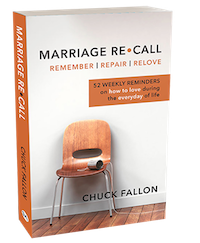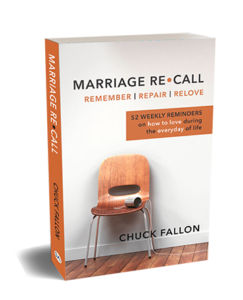I can’t even count how many times I’ve heard clients say “I’m not a mind-reader, but…” This is usually followed by the assumption that my client knows exactly what their spouse is thinking. Unfortunately, the assumption is often wrong!
I’ve observed a few things about mind-reading.
First, the interpretation the mind-reader gives is almost always negative. “She thinks I’m stupid,” or “He’s pretending to be nice because he wants to impress my family.”
Second, the spouse whose mind has been “read” often becomes defensive. “Don’t put words in my mouth! That’s NOT what I meant!” If this goes on long enough, your spouse might stop trying to communicate altogether!
Mind-reading is for dummies! It’s also a huge roadblock to healing a hurting marriage. The key to overcome the impulse to mind-read is to replace it with ownership.
If you are a mind-reader, ask yourself if your thoughts are speculative. Did your spouse actually say what you think? If your wife said you were stupid 10 years ago, and it stung—you might be carrying a past hurt into the present. Understand that you could have a tainted recollection.
This leads to the underlying issue! Your spouse has also said that you’re smart, brave, kind, and generous at different times in your marriage. Why aren’t these the thoughts that come to your mind?
Mind-reading is often negative because it’s motivated by fear. I’m afraid “my wife thinks I’m stupid.” I’m afraid “my husband’s pretending to be nice because he want to impress my family.”
If you’re on the receiving end of mind-reading, understand that your spouse is afraid. Fear is what motivates the erroneous interpretation of your behavior. You can argue, but it’ll likely increase fear and solidify your spouse’s interpretation.
You also need to take ownership. Your spouse did not create this belief in a vacuum. You’ve contributed.
Consider how you helped your spouse get here. Offer words of ownership such as, “I understand why you don’t feel important to me, especially when I didn’t defend you from my family’s harsh words,” or “I’d have a hard time feeling secure too—after all the criticism I’ve thrown at you.”
Your response can promote safety, which invites your spouse to engage with trust instead of fear. Don’t be a dummy! It’s often the small changes in interactions that lead the relationship down a new path.
You can do this!




